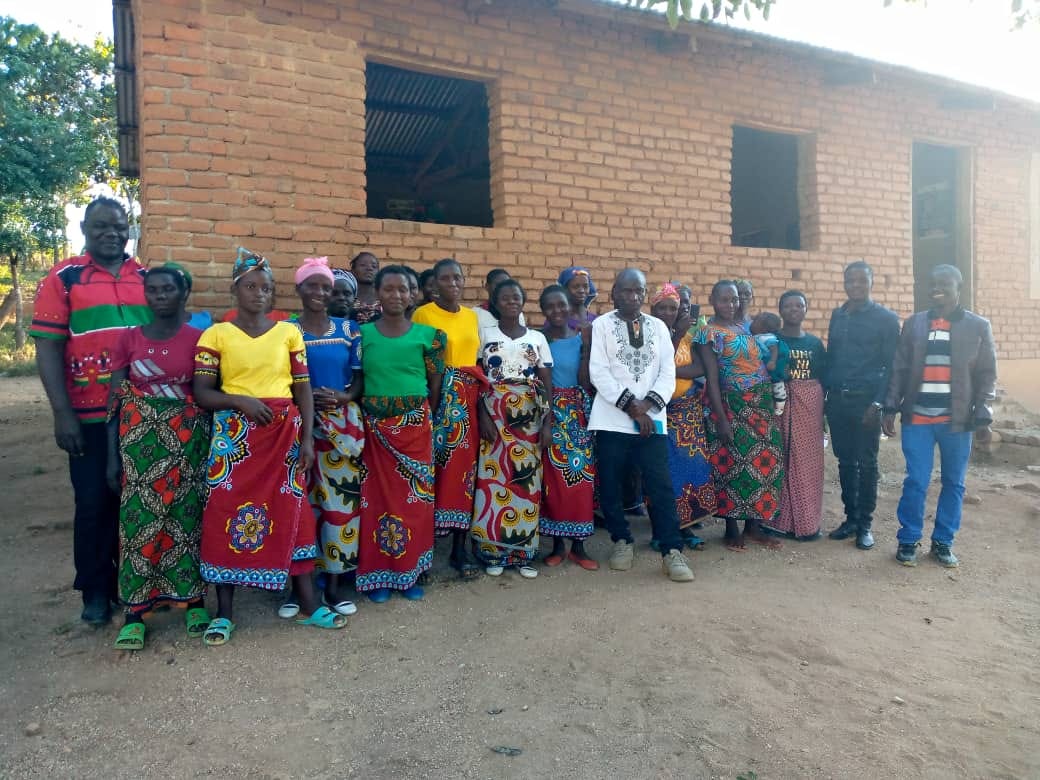Mother Care Groups in Chitipa, Malawi, Boost Child Immunization Rates
Mother Care Groups (MCGs) in Mutogha, Chitipa, Malawi, have helped boost child immunisation rates in the area

Chitipa, Malawi – Mother Care Groups (MCGs) in Mutogha, Chitipa, Malawi, have helped boost child immunisation rates in the area, writes Wezi Mwangonde.
The MCGs, which are led by Village Headman Mponda, Traditional Authority Mwenemisuku, have been working to raise awareness about the importance of child immunisation and to make it more accessible to families in the community.
One of the ways the MCGs have made child immunisation more accessible is by establishing under-five clinics in the communities.
This has saved families the long walk to the nearest health centre, which was previously the only place where children could get vaccinated.
The MCGs have also been working to follow up on immunisation defaulters and encourage parents to bring their children in for their vaccinations.
As a result of their efforts, the child immunisation rate in Mutogha has increased from 66% to 90%.
“We commend MHEN for establishing MCGs in this area because these groups serve as megaphones for health personnel in the communities,” said Senior Health Surveillance Assistant Andrew Mukowambewa.
“Men have become partners in child immunisation. I am very happy that each and every month, we register a 90% child immunisation rate.”
Kliness Msukwa, the Vice Chairperson of Mutogha MCG, said that the group has also been working to raise funds to construct additional under-five clinics in the area.
“Mothers used to walk a distance of eight to nine kilometres to Musumbe Health Centre to access immunisation for their children, which was demotivating,” Msukwa said.
“This led to the health centre registering a 66% child immunisation rate every month. However, with the presence of clinics closer to the people, the area is now registering a higher percentage rate of child immunizations.”
The Health Systems and Immunisation Project is being implemented in hard-to-reach areas, urban areas, slums, and refugee camps in nine districts in Malawi.
The project is funded by GAVI through the Ministry of Health's Expanded Programme on Immunisation (EPI).


